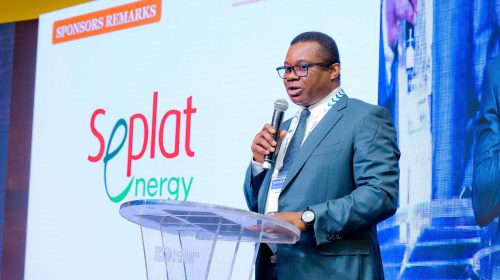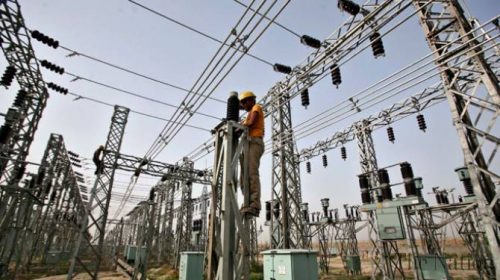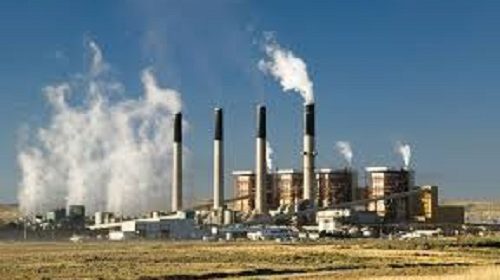Refineries’ upgrade suffers delay, NNPC records N68bn loss

The proposed rehabilitation of the nation’s ailing refineries has suffered delays as the third-party financiers for the project have yet to be announced, more than a year after the Nigerian National Petroleum Corporation said 28 firms had expressed interest in its financing.
The refineries lost a total of N68.12bn in the first half of this year, making a profit of N928.81m in April, for the first time in 10 months, according to the latest data from the NNPC.
Nigeria has four refineries, two in Port Harcourt and one each in Kaduna and Warri, with an installed capacity of 445,000 barrels per day, but they have continued to operate far below the installed capacity for many years.
Kaduna refinery did not process any crude from February to June, the NNPC data showed.
Despite being a key oil producer and exporter, Nigeria relies heavily on the international market to meet its fuel needs.
The NNPC said in a statement on January 23, 2018, that it was inching closer to arriving at the choice of financiers for the refineries, with the Group Managing Director, Dr Maikanti Baru, saying the agreements on the potential financiers for the refineries were being fine-tuned.
“We are pushing towards the final selection of our financiers and we expect that when that is done, we’ll get the agreements and present them to our board, (that is) meeting this month to secure their endorsement and once we have the funding, we would start the rehabilitation of the refineries towards a 90 per cent capacity utilisation per stream day before the end of 2019,” Baru had said.
The Minister of State for Petroleum Resources, Dr Ibe Kachikwu, was quoted by S&P Global Platts on Wednesday as saying in an interview on the sidelines of the Africa Oil Week conference in Cape Town that he was hopeful the government would pin down details on the overhaul of the country’s refineries by the end of this year.
He also explained that from August 2017 to August 2018, the federation and JV received N879.02bn and N651.4bn, respectively.
Providing further insight into the corporation’s remittances to the national treasury, the NNPC explained that the Federation Crude Oil and Gas Revenue, Federation Crude Oil and Gas lifting, were broadly classified into Equity Export and Domestic crude, which were lifted and marketed by the corporation and the proceeds remitted into the Federation Account.
It stated that Equity Export receipts, after adjusting for Joint Venture Cash Calls, were paid directly into the Federation Account domiciled in Central Bank of Nigeria.
The corporation explained that domestic crude oil of 445,000 barrels per day was allocated for refining to meet domestic products supply and payments were effected to the Federation Account by the NNPC, after adjusting crude and product losses, as well as pipeline repairs and management costs incurred during the period.
The August 2018 NNPC financial and operations report was the 37th in the series.
Punch







Leave a Reply